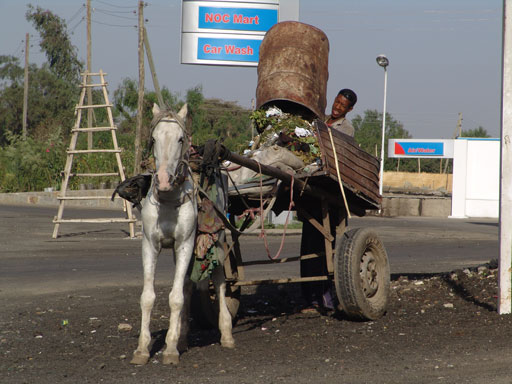3.1 What are WASH services?
You were briefly introduced to services in Study Session 1. Services are systems that supply a public need, for example transport, communications, waste management or utilities such as electricity and water.
How were WASH services defined in Study Session 1?
WASH services are systems that provide for the water, environmental, sanitation and hygiene needs of communities.
Water supply utilities, solid waste management systems, and liquid waste collection and disposal systems are all examples of WASH services in urban areas. These systems are intended to protect the urban environment, as well as ensure that the water, sanitation and personal hygiene needs of urban communities are met.
There are different costs associated with the provision of WASH services. These include the initial investment cost, which is usually large, the operation and maintenance costs, and also future replacement and/or upgrading costs. The initial investment cost is usually paid for by communities, for example through taxes or other means. Such services financed by public money are known as public services.
In some towns, privately operated systems may exist. For example, as you read in Study Session 1, solid waste collection and disposal is increasingly becoming a service provided by organised youth groups through micro- and small enterprises (MSEs). In industrialised countries, private companies often take a significant role in the provision of WASH services including septic sludge emptying, operation and/or maintenance of water distribution systems, and installation and management of public latrines. Such companies that are privately owned and involved in service provision are called private service providers.
Increasing demand for improved WASH services in urban areas, coupled with the ever-increasing population, means that public or private providers alone may not be able to provide adequate services. Joint partnership between public and private service providers is an increasingly preferred and effective approach that improves service levels of WASH facilities. The solid waste collection scheme in most Ethiopian towns is a good example of such a public–private partnership (Figure 3.1).

Learning Outcomes for Study Session 3
